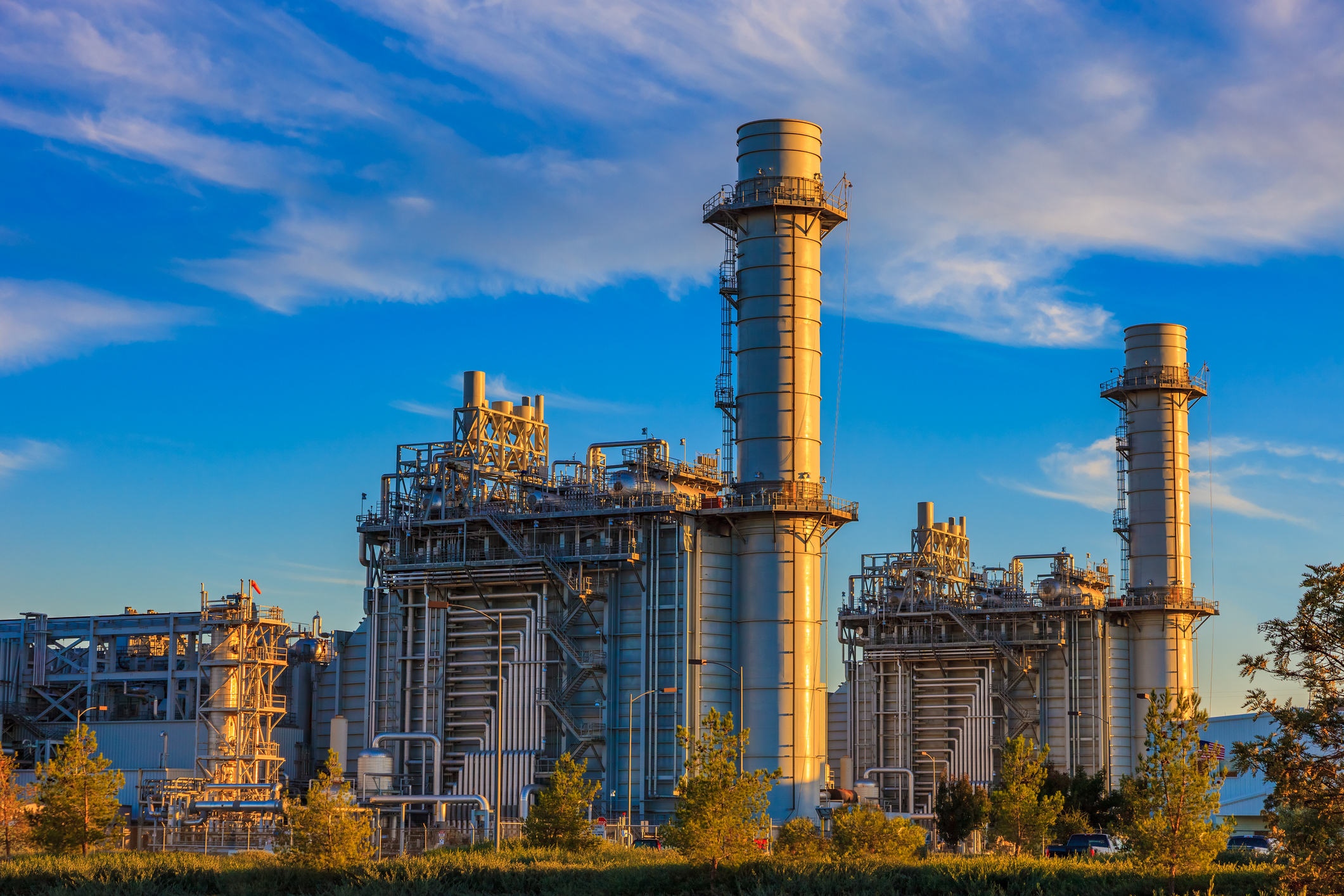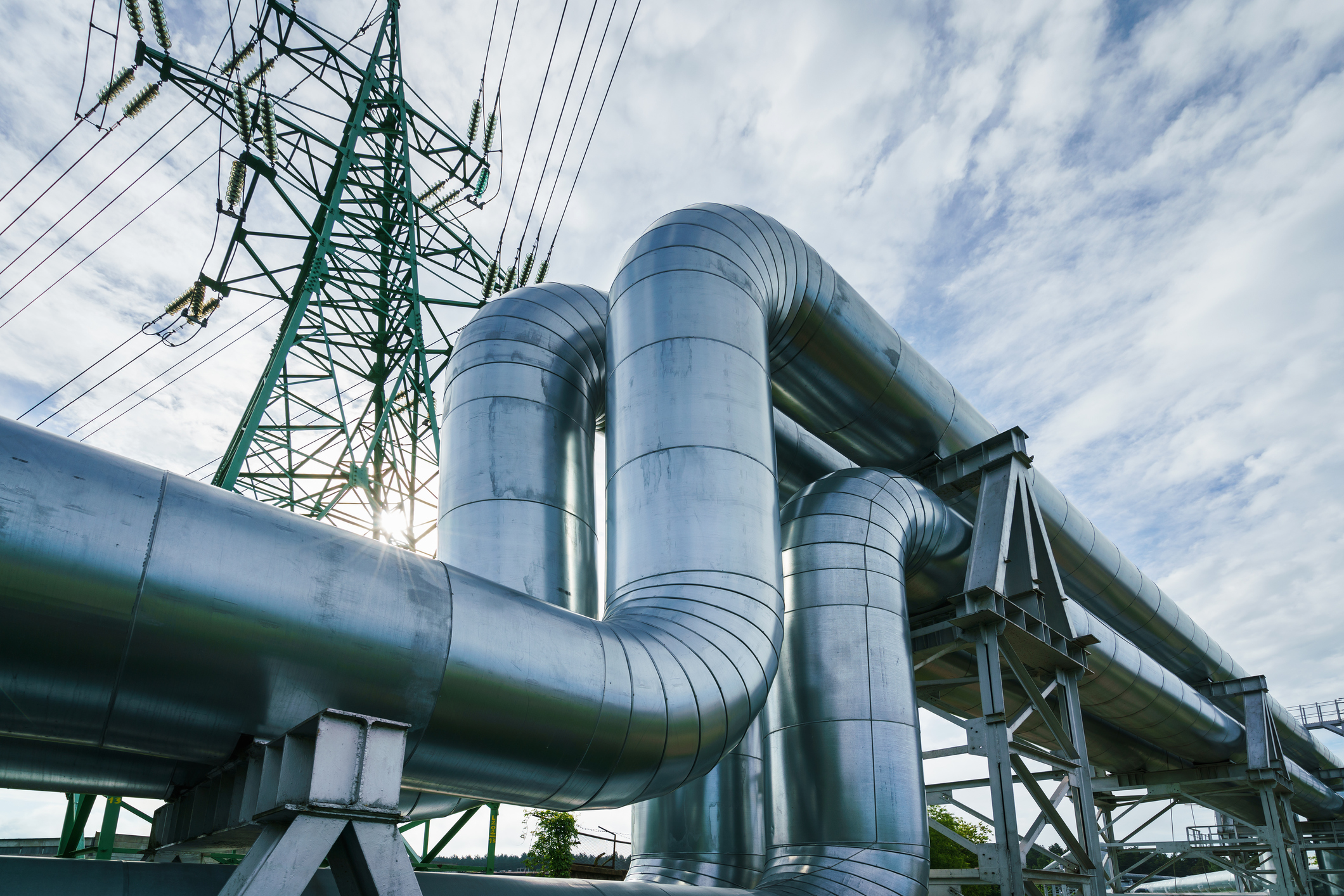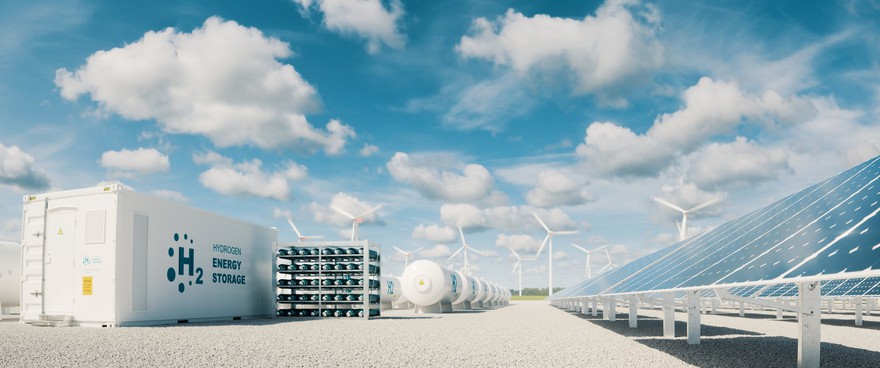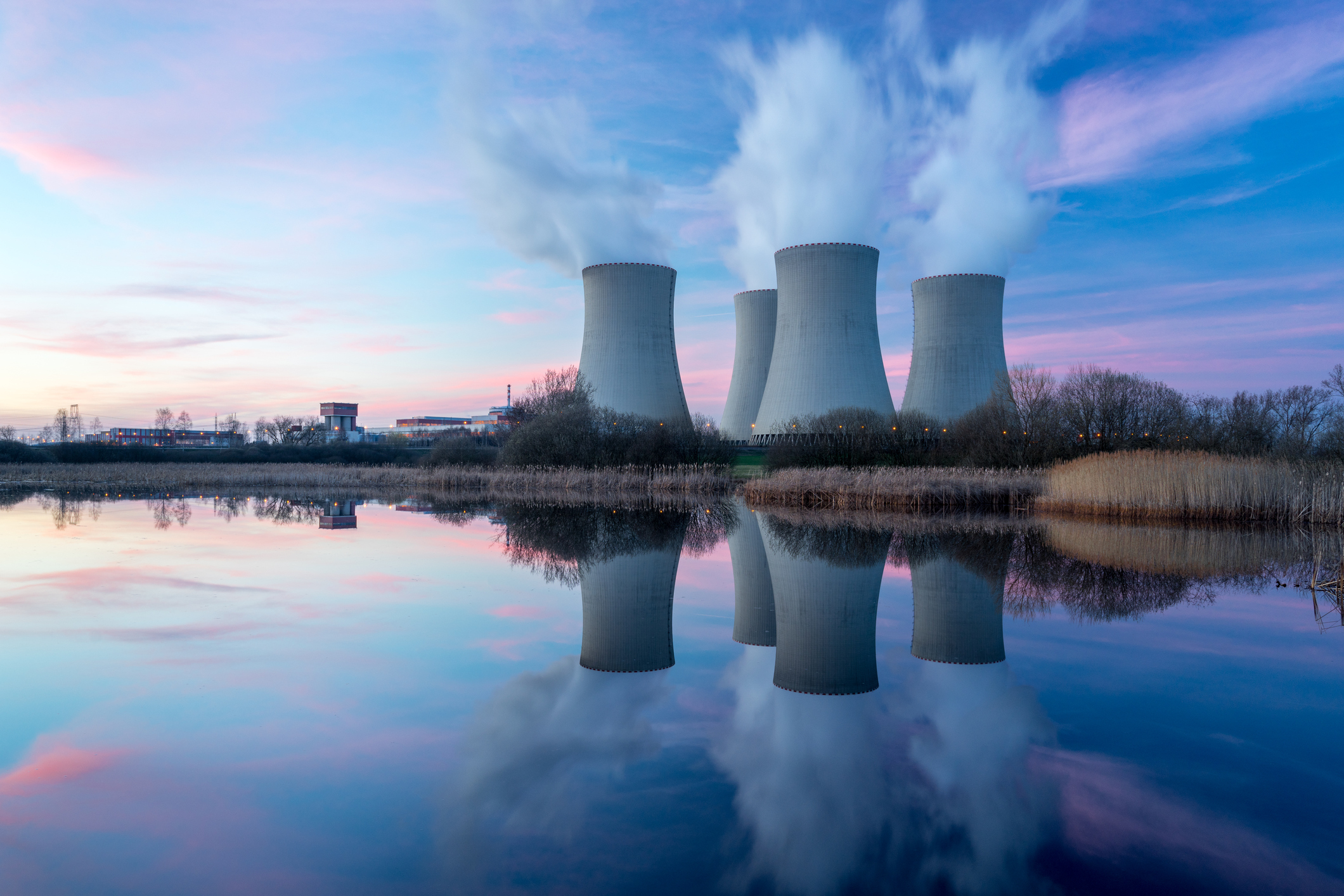Energy stocks are important for investors to understand because the energy sector is vital to the global economy. It produces and supplies the fuels and electricity needed to keep the economy humming.

The energy industry includes companies involved in the following activities:
Renewable energy stocks
These companies manufacture components to produce electricity using renewable resources such as solar, wind, hydroelectric, and geothermal power. They also include companies that operate and develop renewable energy-generating facilities.
- Solar energy stocks: This subgroup of renewable energy focuses on manufacturing solar panels and components to generate electricity from the sun.
- Wind energy stocks: This subgroup focuses on manufacturing wind turbines and blades.
- Hydrogen stocks: These companies focus on producing hydrogen, a potentially emission-free fuel that could replace some fossil fuels in the energy industry.
Oil and gas stocks
These companies focus on finding, producing, transporting, storing, refining, and exporting fossil fuels.
- Oil stocks: Oil companies focus on locating, producing, transporting, and refining crude oil.
- Natural gas stocks: Natural gas companies concentrate on finding, producing, transporting, and exporting natural gas.
- Liquefied natural gas stocks: Liquefied natural gas (LNG) companies develop and operate facilities to liquefy and export natural gas.
- Refining stocks: Refining companies process crude oil into refined petroleum products such as gasoline, diesel, and jet fuel.
- Pipeline stocks: Pipeline companies operate pipelines and other infrastructure used to transport, process, store, and export energy products.
Utility stocks
- Utility stocks: These companies generate power and distribute electricity, natural gas, and water to customers.
- Electric utility stocks: Electric utility companies generate and distribute electricity to customers.
This broad industry is crucial to providing the economy with the energy it needs. It's also an important one for investors to understand.
Best energy sector stocks to buy in 2026
Hundreds of public companies focus on the production and distribution of energy. However, a few leaders stand out because of their size and financial strength. Here are five of the best energy stocks to consider buying in 2026:
| Name and ticker | Market cap | Dividend yield | Industry |
|---|---|---|---|
| Brookfield Renewable (NYSE:BEPC) | $7.3 billion | 3.67% | Independent Power and Renewable Electricity Producers |
| Enbridge (NYSE:ENB) | $105.9 billion | 5.55% | Oil, Gas and Consumable Fuels |
| ConocoPhillips (NYSE:COP) | $125.3 billion | 3.14% | Oil, Gas and Consumable Fuels |
| Chevron (NYSE:CVX) | $342.2 billion | 4.03% | Oil, Gas and Consumable Fuels |
| NextEra Energy (NYSE:NEE) | $182.4 billion | 2.59% | Electric Utilities |
Here’s a closer look at some of the best energy stocks in the industry:
1. Brookfield Renewable

NYSE: BEP
Key Data Points
Brookfield Renewable (BEP -1.76%)(BEPC -3.10%)is a leading global renewable energy producer. It operates hydroelectric, solar, wind, and energy transition assets. The company sells the power produced by these assets under long-term fixed-rate power purchase agreements (PPAs) to electric utilities and other large power users.
The contracts enable Brookfield to generate relatively steady cash flows. It pays out a large portion of that money to investors via an attractive dividend. The company retains the balance to acquire, develop, and expand its renewable energy operations.
Brookfield Renewable has an enormous backlog of renewable energy development projects. Combined with other growth drivers such as acquisitions and higher power prices, Brookfield expects to increase its funds from operations (FFO) per share by more than 10% annually through 2029. Meanwhile, it has increasingly visible and secured growth through 2034. That should support a 5% to 9% annual dividend growth, making Brookfield an excellent renewable energy dividend stock.
2. ConocoPhillips

NYSE: COP
Key Data Points
ConocoPhillips (COP +1.54%) is a diversified oil and natural gas producer. It has operations around the world and uses several methods to produce oil and natural gas. The oil company's deep, durable, and diverse portfolio boasts decades of supply with costs below $40 a barrel.
It's investing heavily in several long-cycle capital projects, notably liquified natural gas and in Alaska. These investments, along with its acquisition of Marathon Oil, could add an incremental $7 billion in free cash flow by 2029.
ConocoPhillips anticipates returning a significant portion of its growing free cash flow to investors in the coming years. It plans to ramp its share repurchase rate from $5 billion annually to $7 billion. The company also plans to grow its quarterly dividend within the top 25% of companies in the S&P 500 in the future.
Commodities
3. Chevron

NYSE: CVX
Key Data Points

NYSE: NEE
Key Data Points
Capital
5. Enbridge

NYSE: ENB
Key Data Points
How to invest in the energy sector
The energy sector is a challenging one for investors, especially when it comes to oil and natural gas companies. Energy prices can change in a heartbeat. Volatility can have a massive impact on the sector, as well as on the global economy.
Because of the impact that commodity price volatility can have on the energy sector, investors need to understand how to invest in energy stocks. That includes keeping risks in mind and not allocating too much of a portfolio to one energy stock or the entire industry. Investors should focus on oil and natural gas companies with the financial and operational strength to survive if industry conditions significantly deteriorate.
Factors that increase an energy company's durability include:
- A low-risk business model: For oil and natural gas producers, this means having diversified operations and low production costs. Meanwhile, energy infrastructure companies should have stable revenue with minimal exposure to fluctuations in volumes or pricing, such as operations supported by regulated rates or long-term fixed-fee contracts.
- A strong financial profile: Balance sheet factors to consider are a high investment-grade credit rating, lots of liquidity (cash on hand and borrowing capacity), and minimal near-term debt maturities. In addition, an energy company should have a conservative dividend payout ratio compared to its peers.
- Manageable capital spending programs primarily financed with post-dividend free cash flow and prudent use of debt.
Energy companies with these characteristics will be in a better position to withstand the inevitable cyclical downturns. That means they will still be around when market conditions improve. They will also have more flexibility than their weaker peers to capture opportunities that can create value for their investors.
Pros and cons of investing in energy stocks
Investing in energy stocks has its share of benefits and drawbacks. Some of the positives include:
- Growth: Energy demand is growing, especially for lower-carbon energy such as natural gas and renewables.
- Income: Many energy stocks pay high-yielding and steadily rising dividends, making the sector a good spot to collect passive income.
- Inflation hedge: Energy prices tend to rise as inflation increases, making the sector a good hedge against inflation.
On the other hand, the sector has some potential negatives, including:
- Volatility: Energy prices can be very volatile, which can significantly impact energy stock prices.
- Geopolitical risk: The energy industry is susceptible to geopolitical risks from OPEC policy changes, economic sanctions on oil-producing countries, and shifting government energy policies.
- Climate change: Growing climate change concerns could impact demand for fossil fuels in the future.
How to choose the best energy stocks
Here are some important factors to consider when looking for the best energy stocks to buy:
- Financial strength: Given the sector's volatility, investors should look for energy companies with the strongest financial profiles.
- Lower risk business models: Investors should consider energy stocks with lower risk profiles. For example, integrated energy companies are less risky than small independent producers. Likewise, energy midstream companies are less volatile than companies focused on upstream oil and gas production.
- Strong growth profiles: Investors should seek energy companies with visible growth potential from upcoming capital projects or from lower carbon energy demand.
Related investing topics
Are energy stocks right for you?
The energy sector is vital to the global economy because it provides the fuel and power needed to drive trade and travel. However, when the economy slows, it can have a major impact on energy demand and prices. That can put significant pressure on energy stock prices.
The best energy stocks to buy are those that can easily survive a downturn and thrive when market conditions improve. Energy stock investors should also consider putting more attention on cleaner energy companies using renewable sources. The world is steadily transitioning to cleaner fuels to ensure we avoid the worst possible impacts of climate change.










